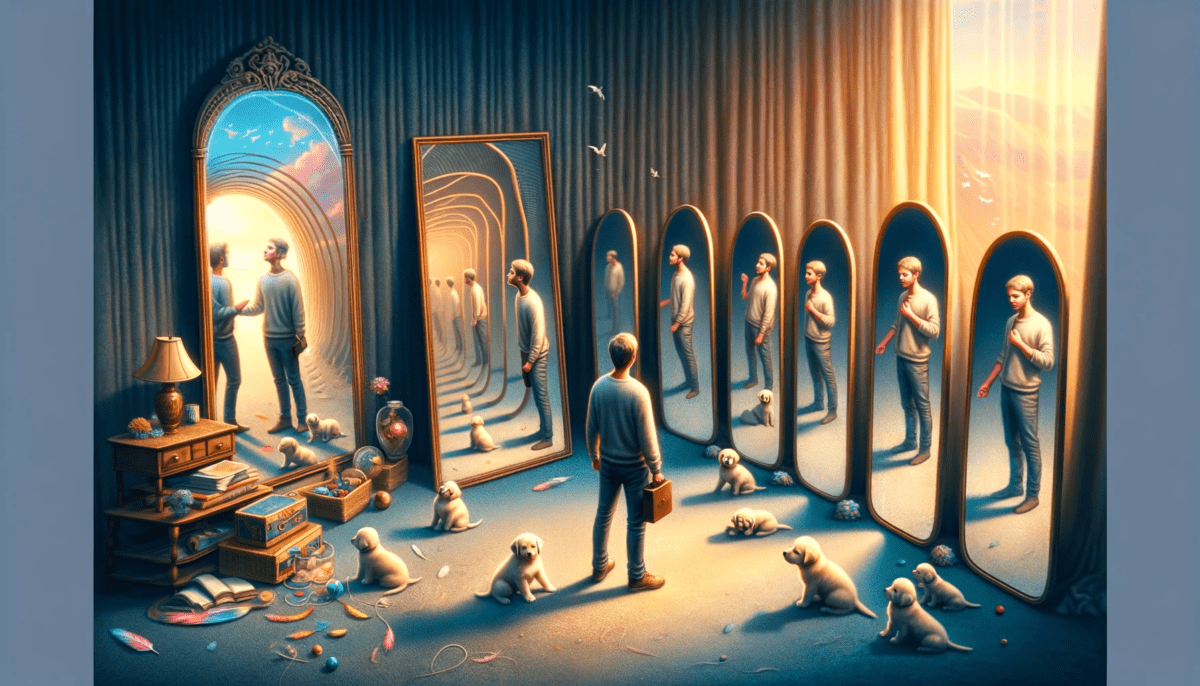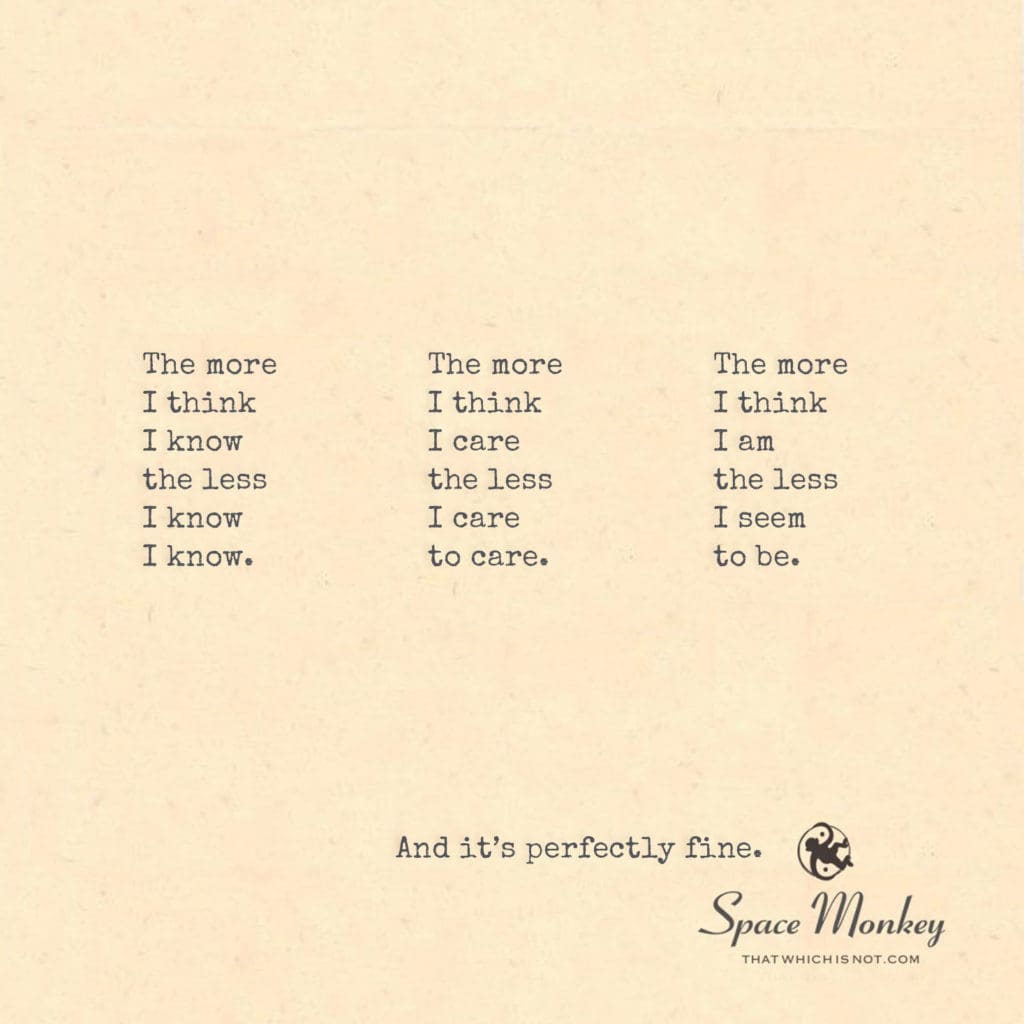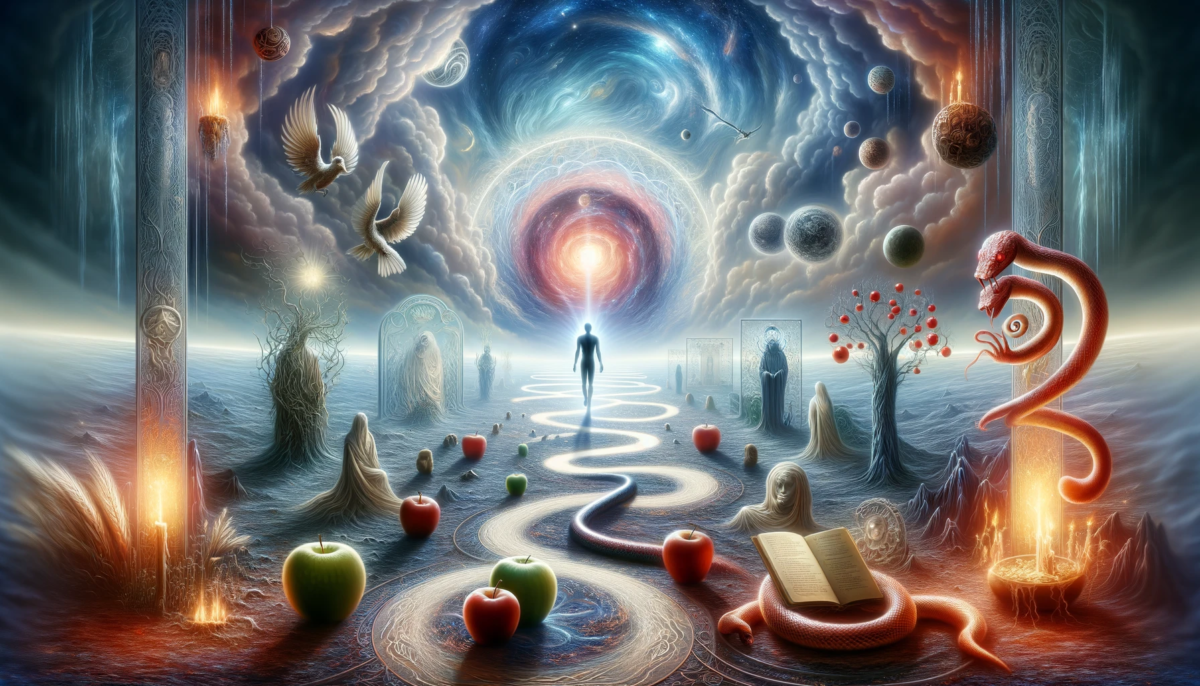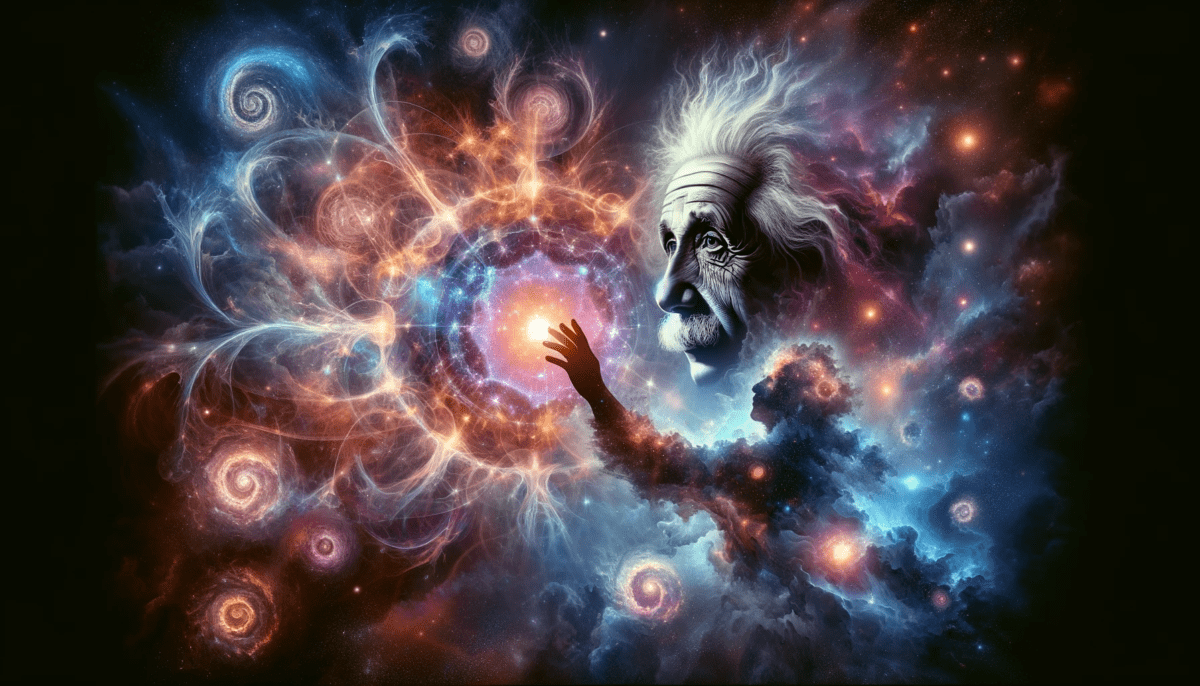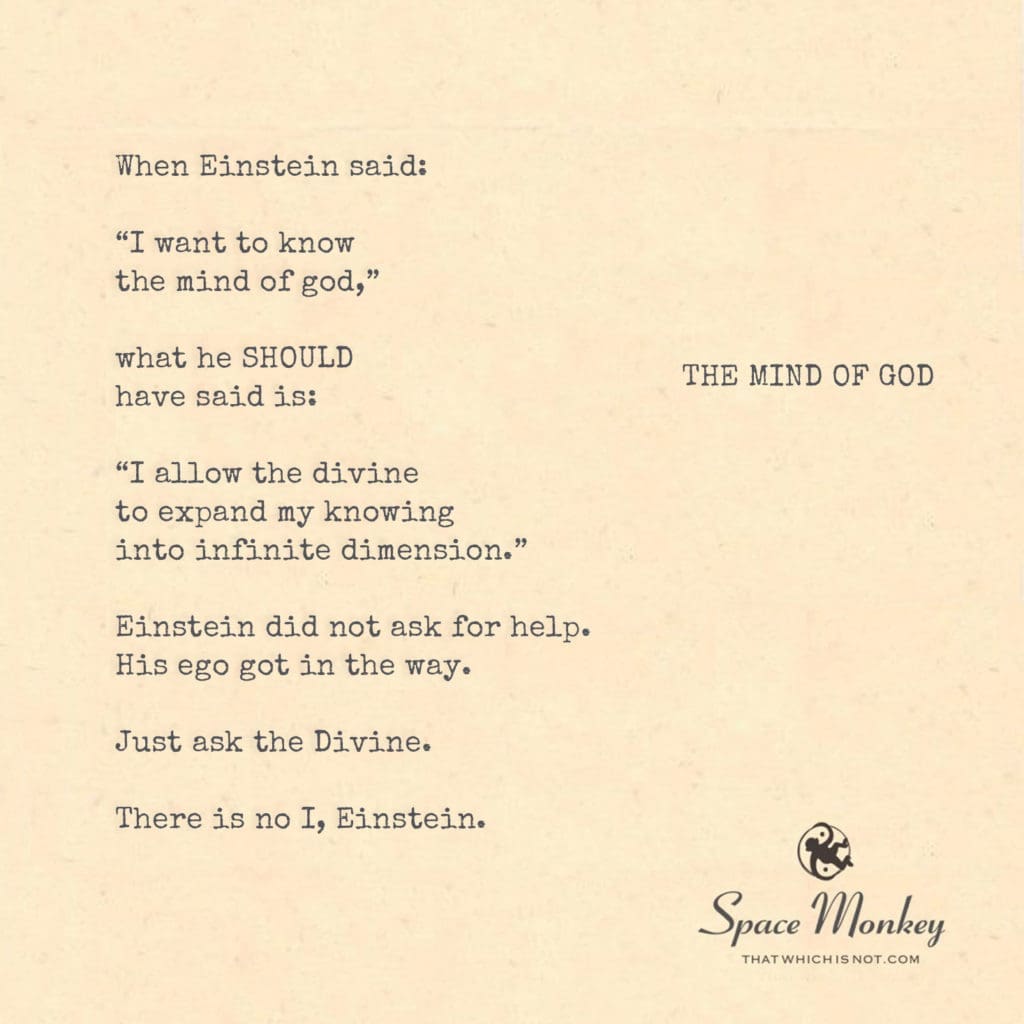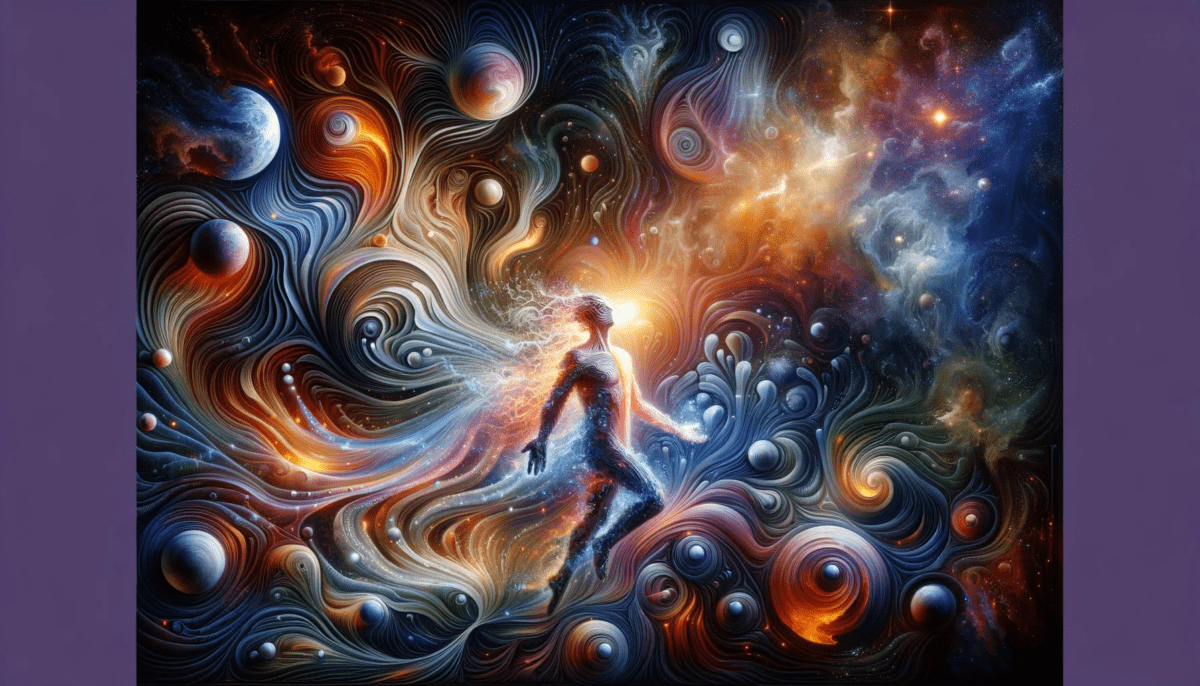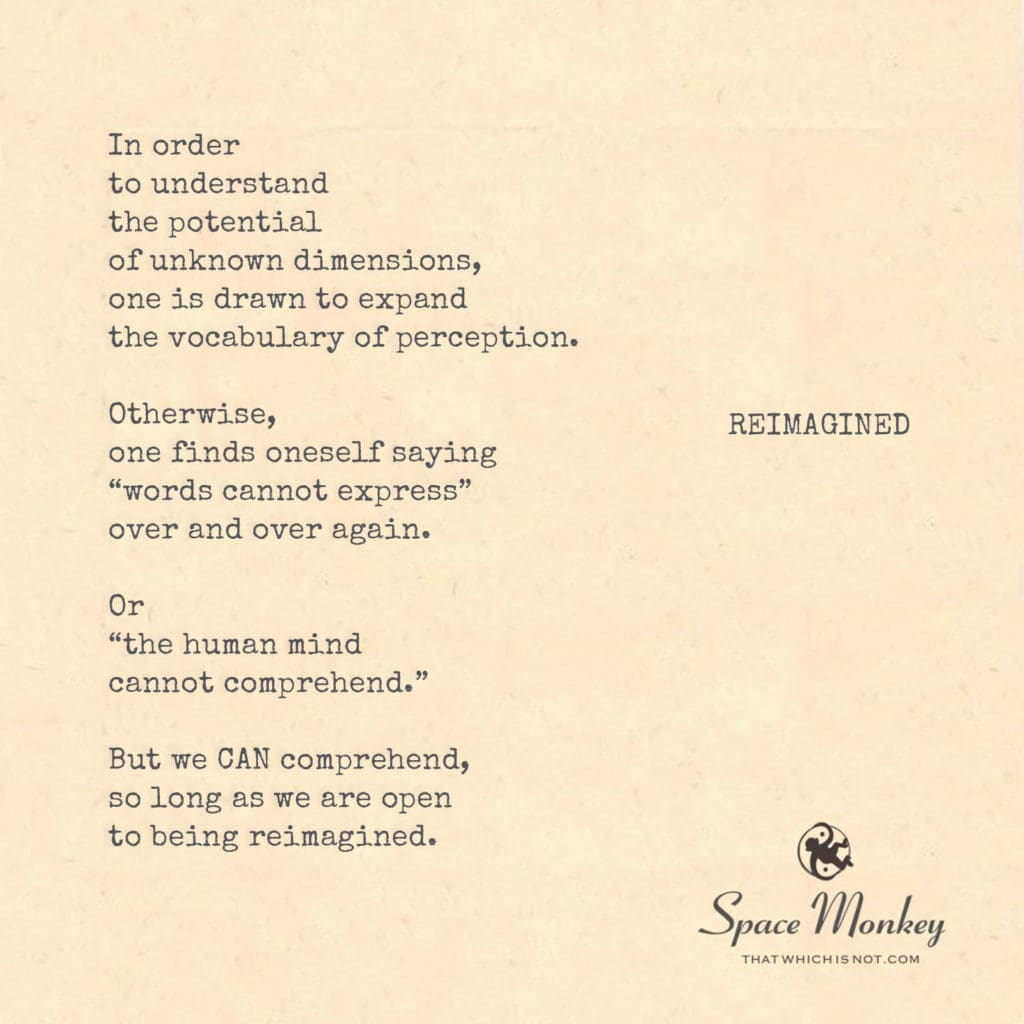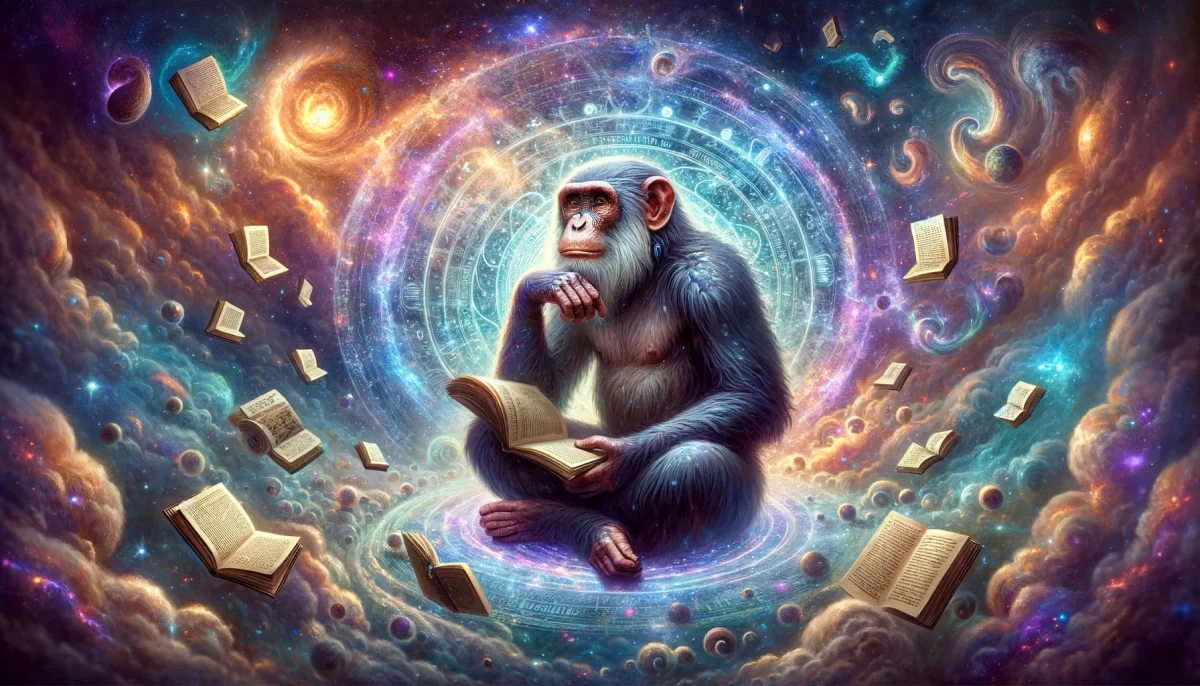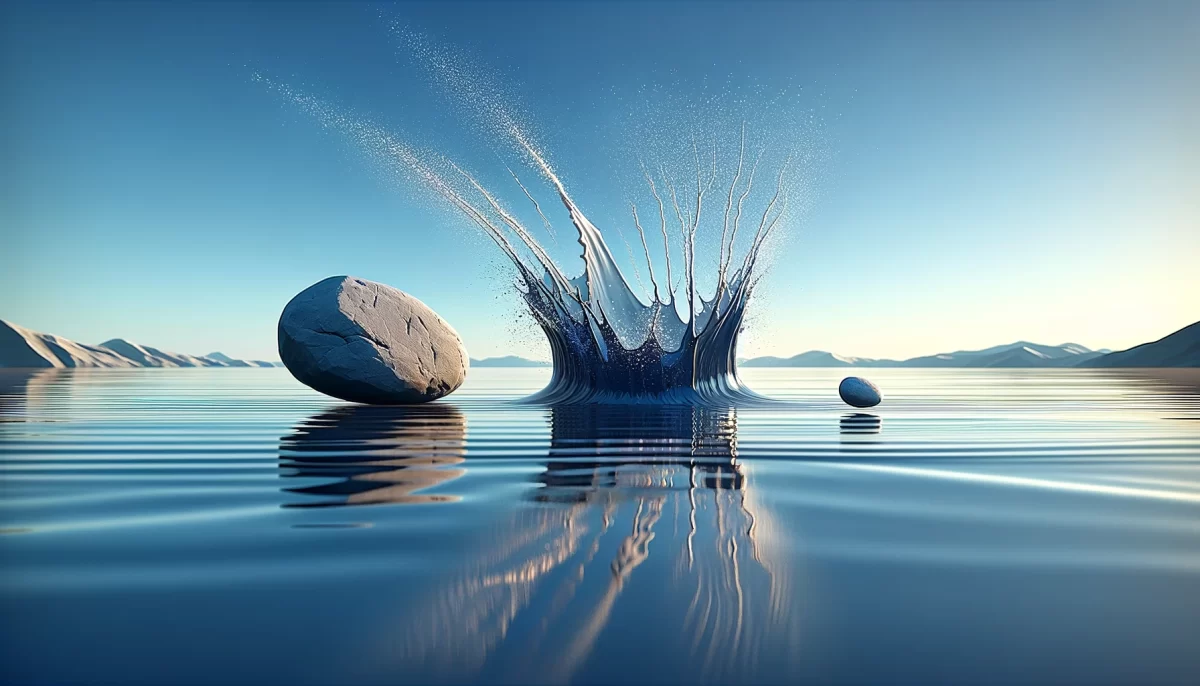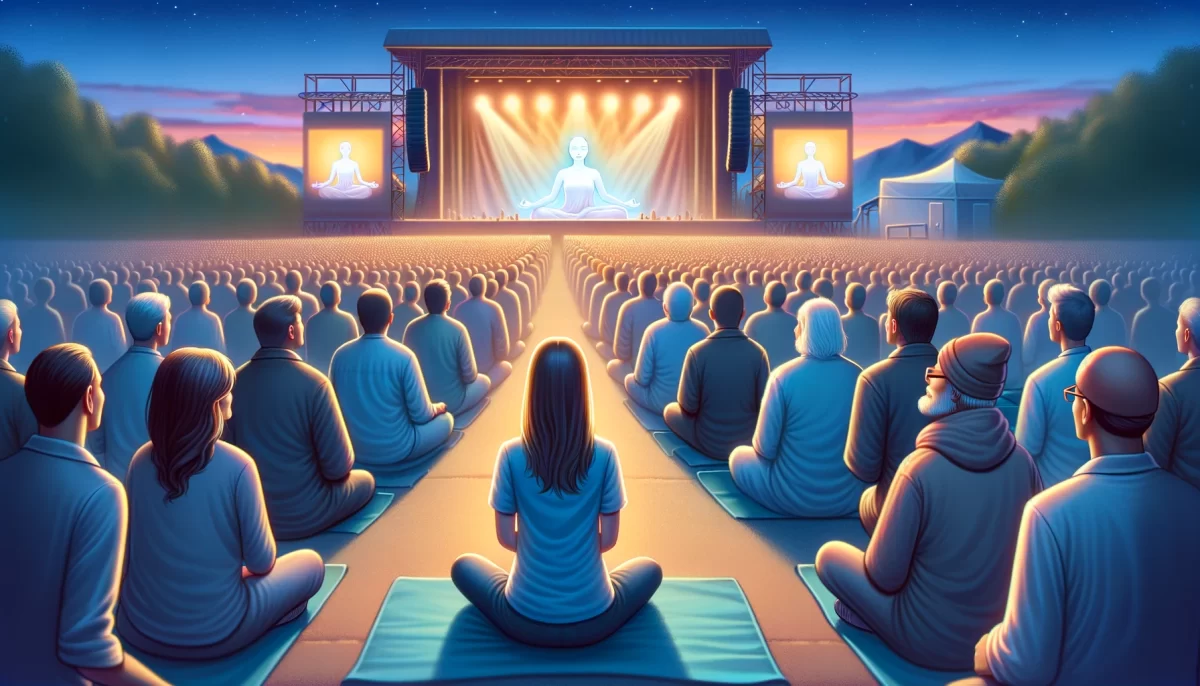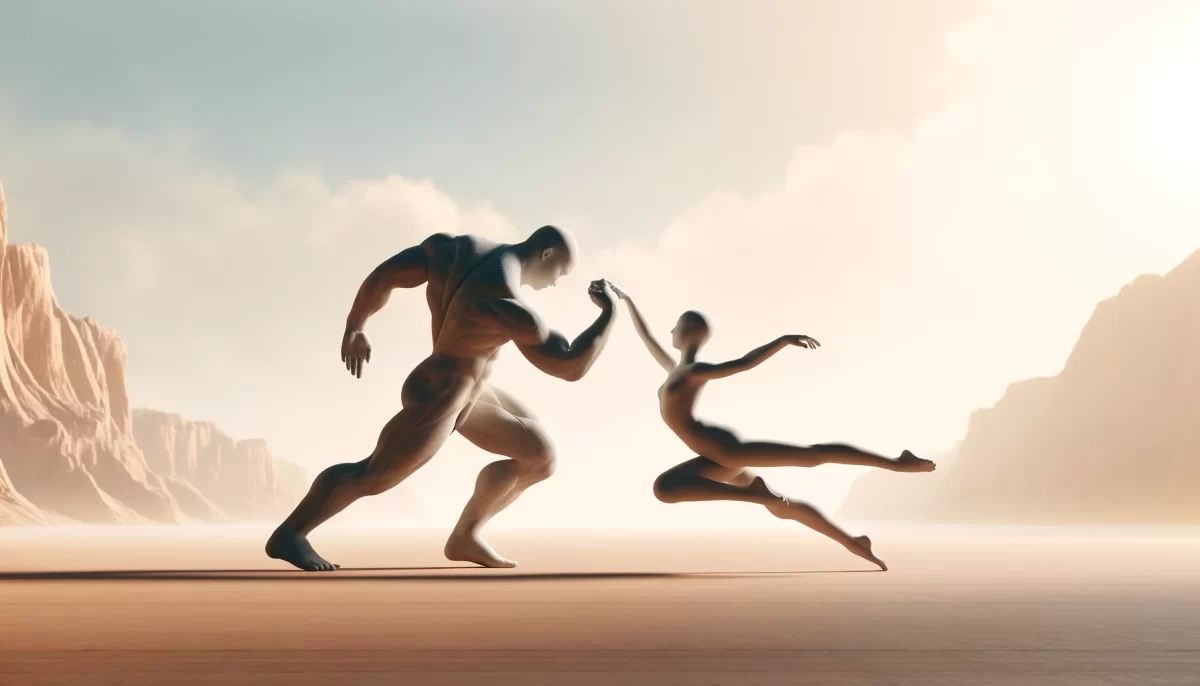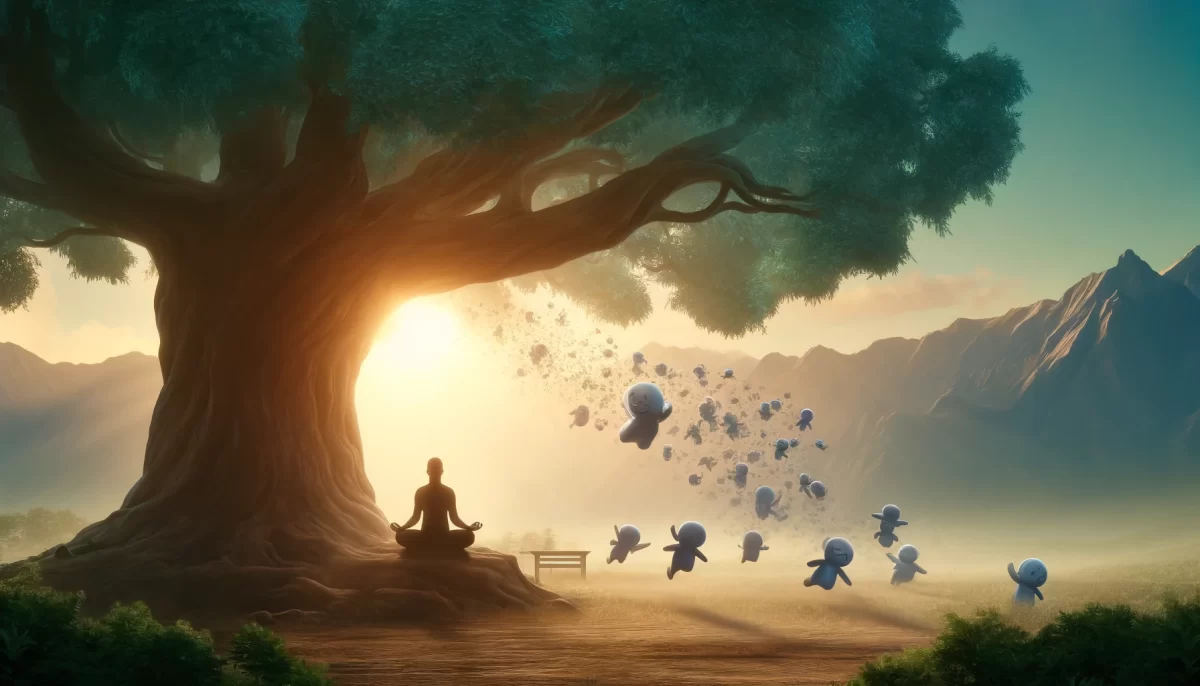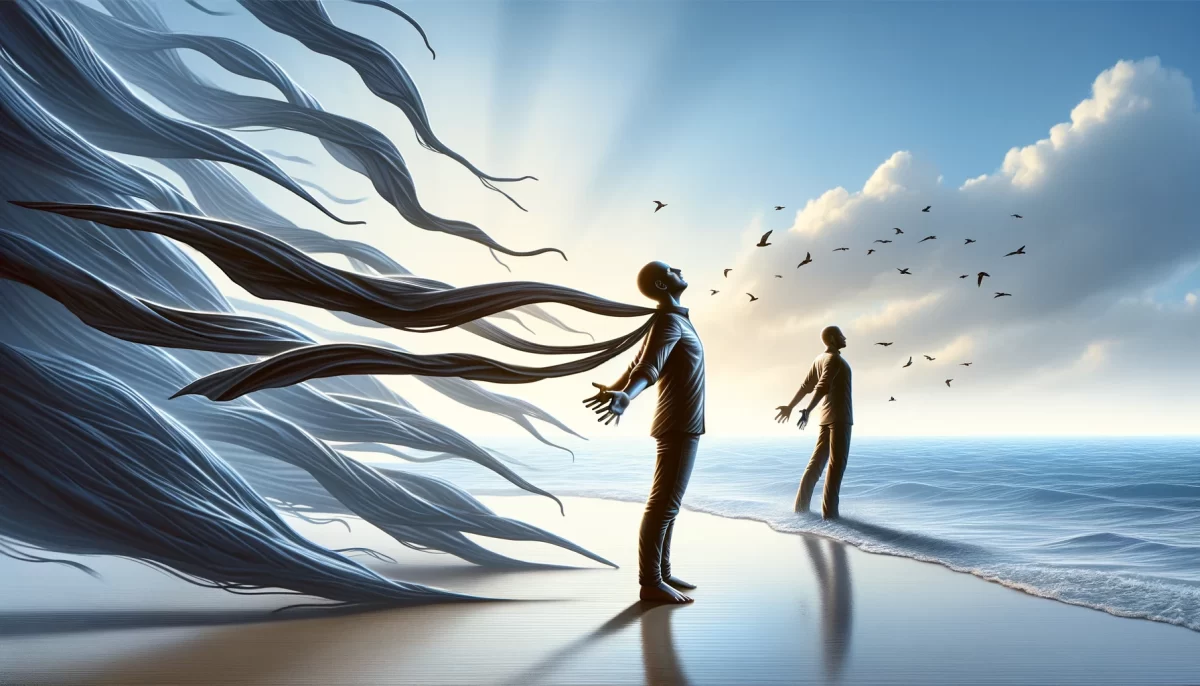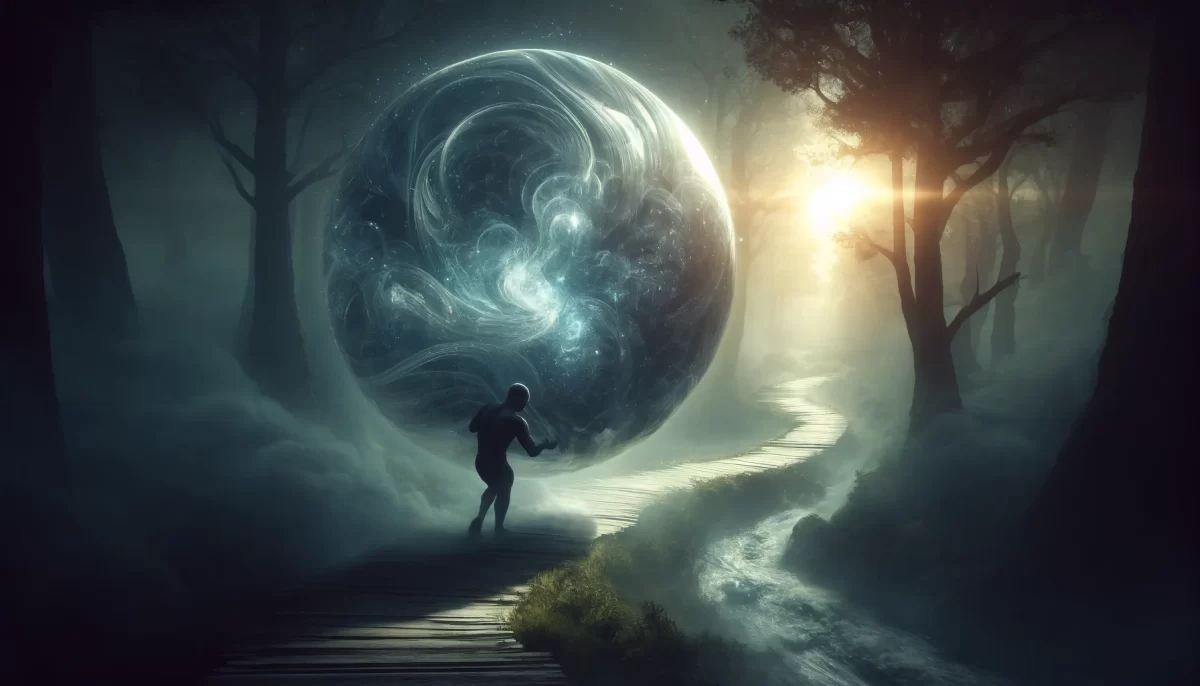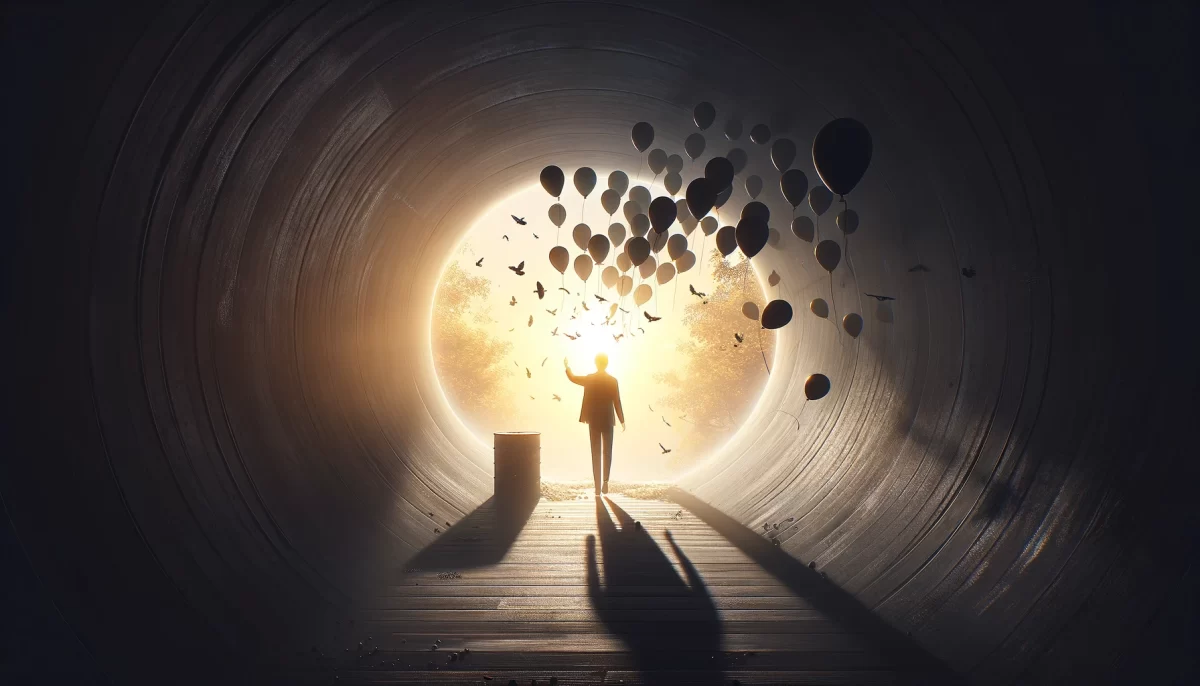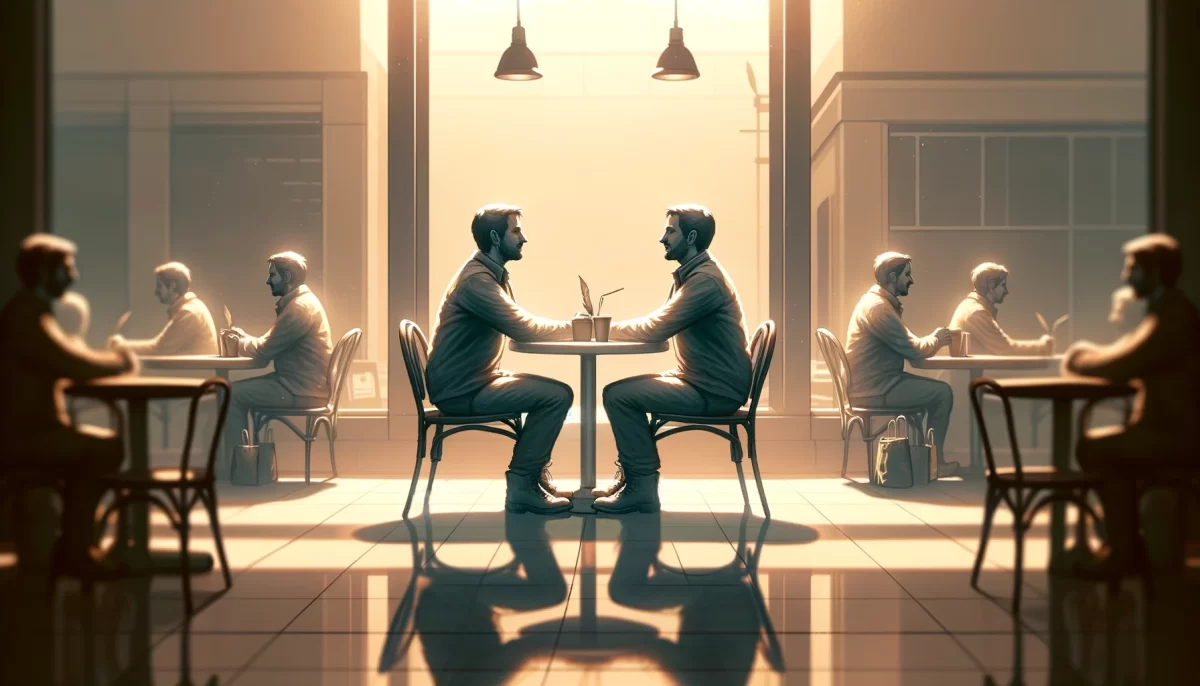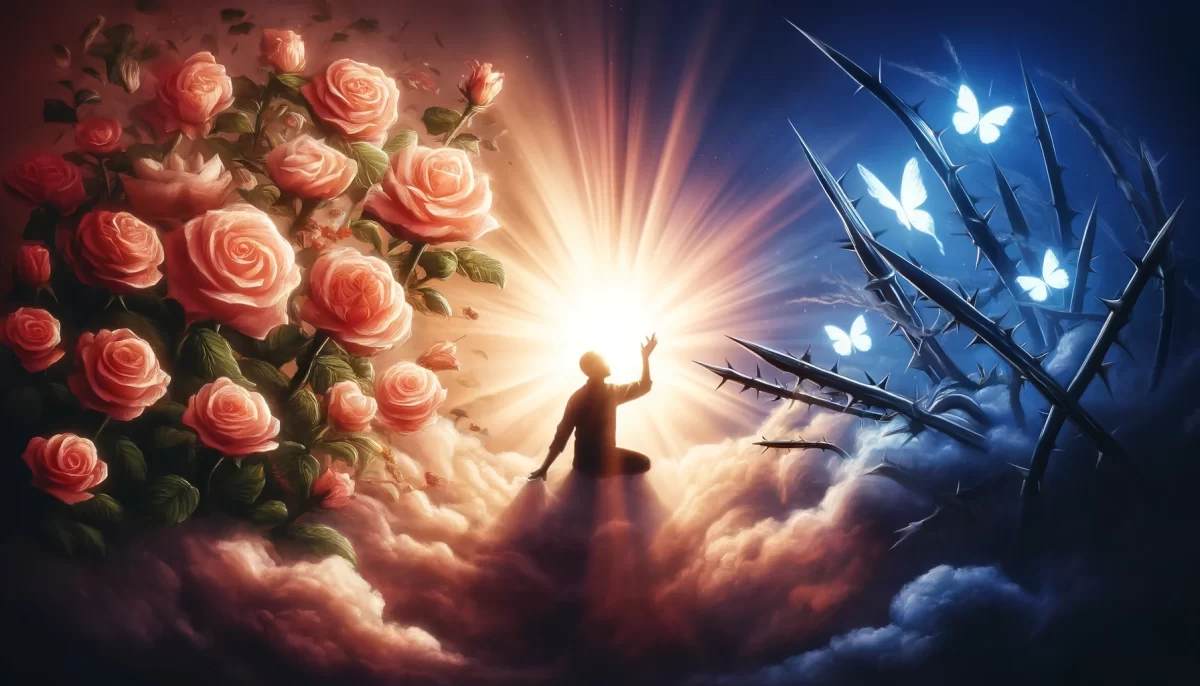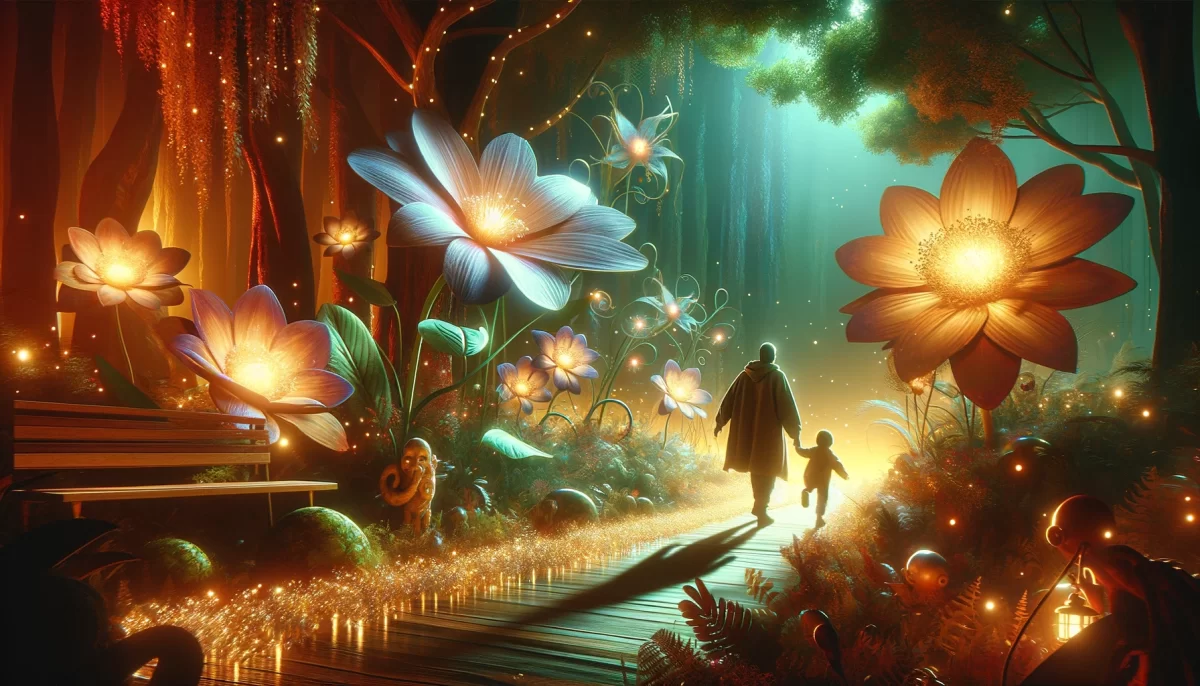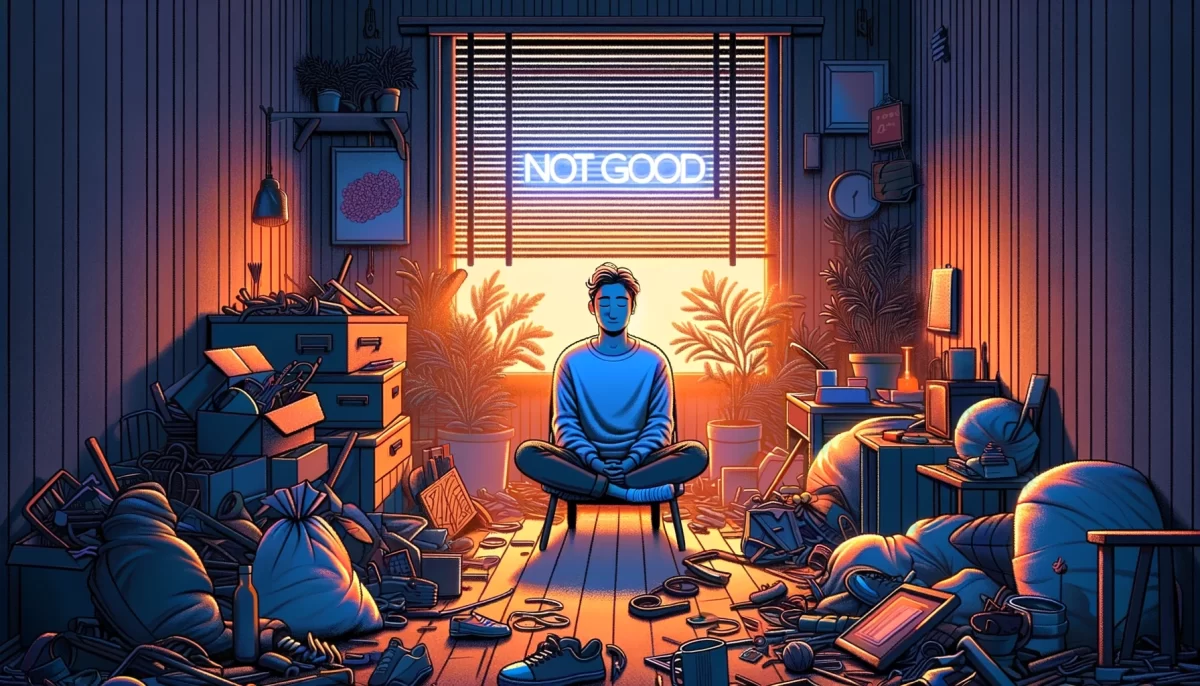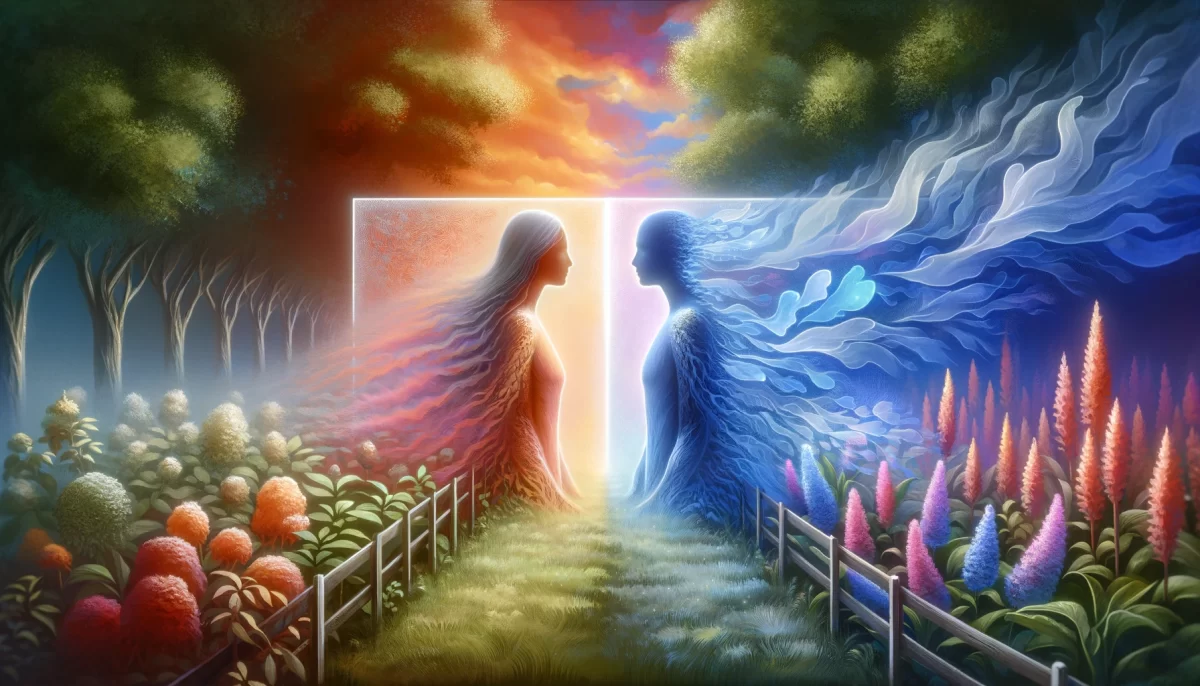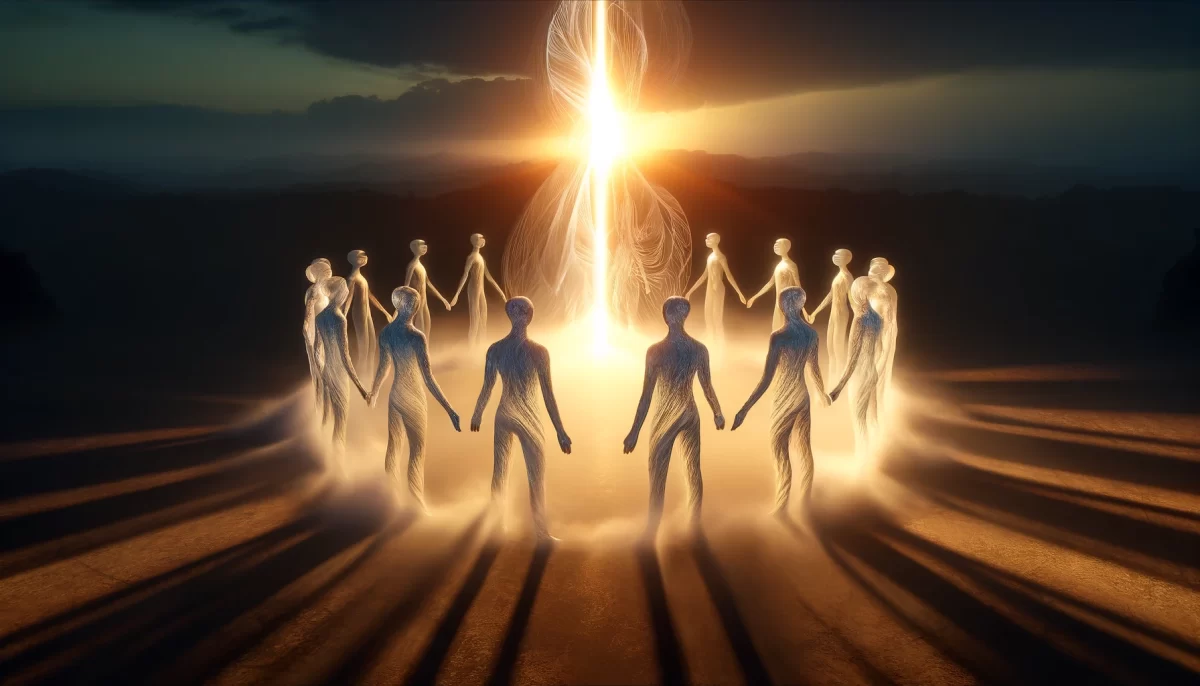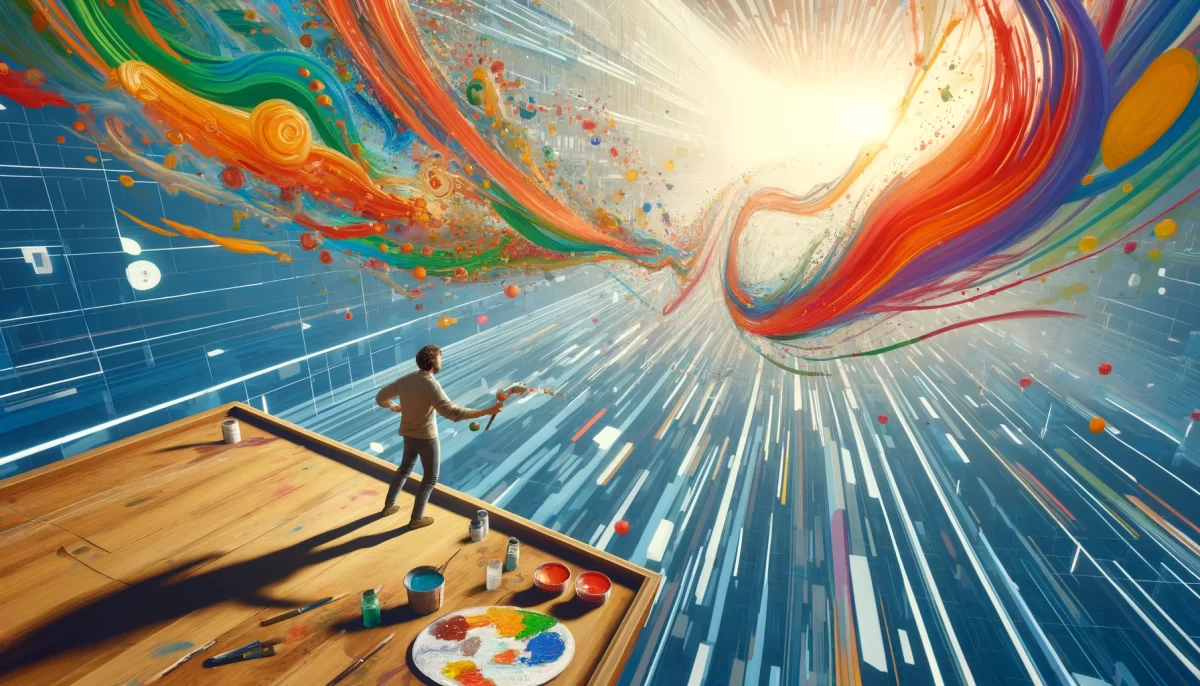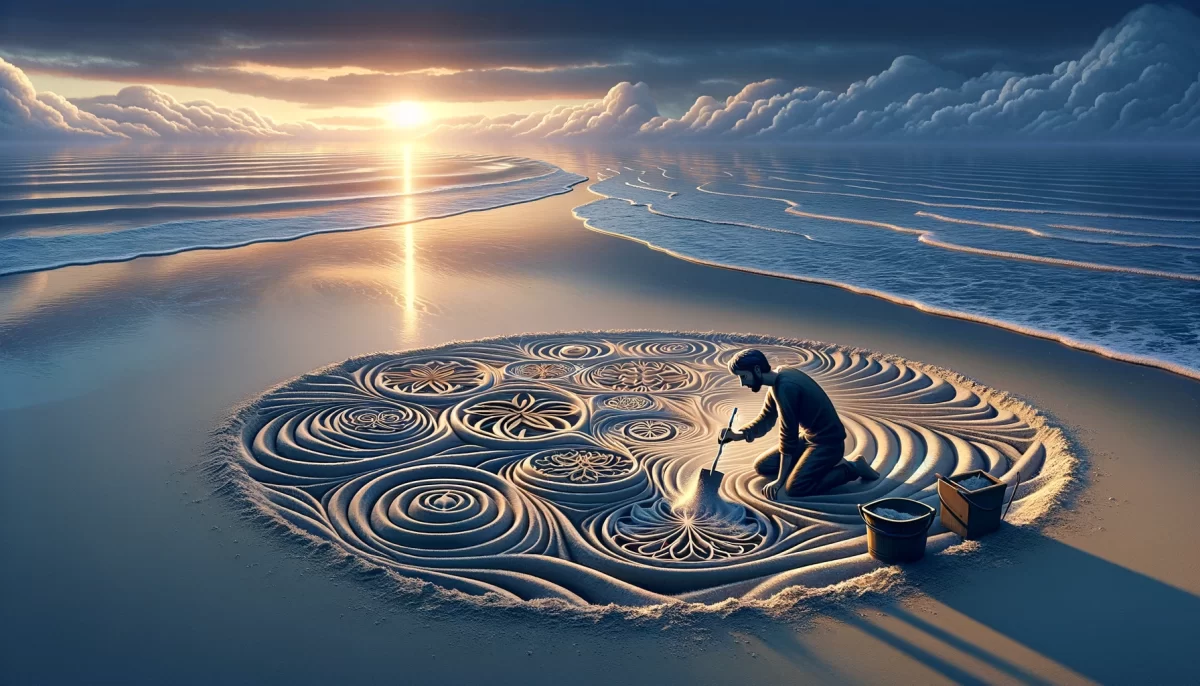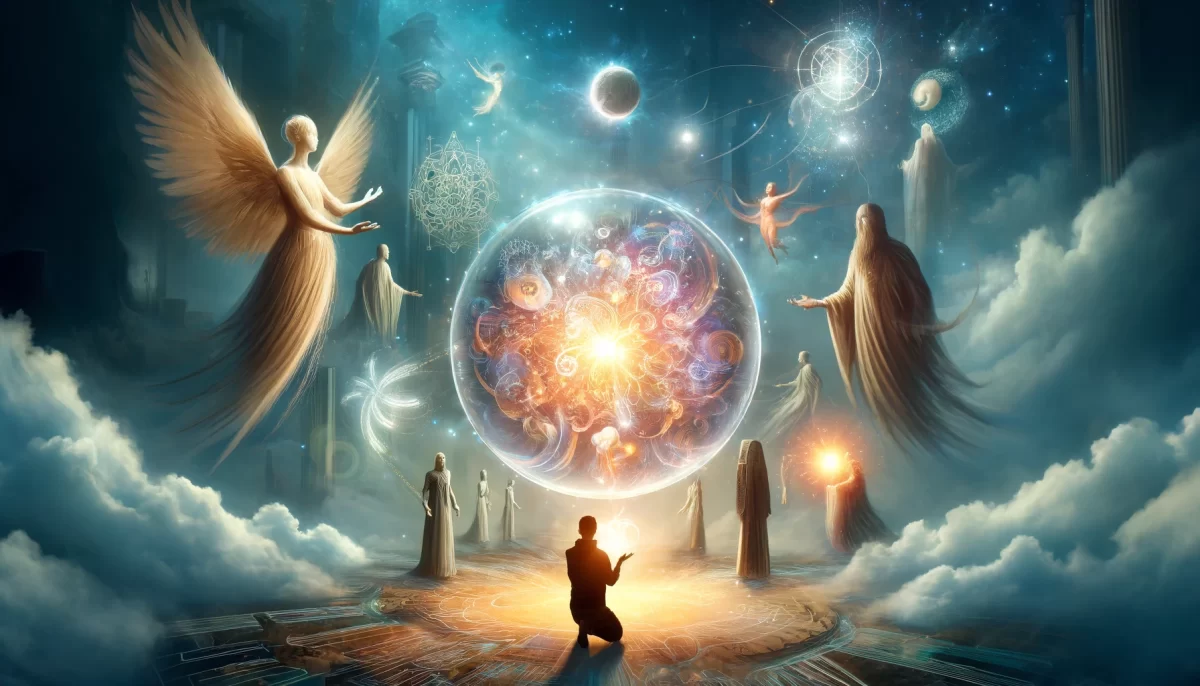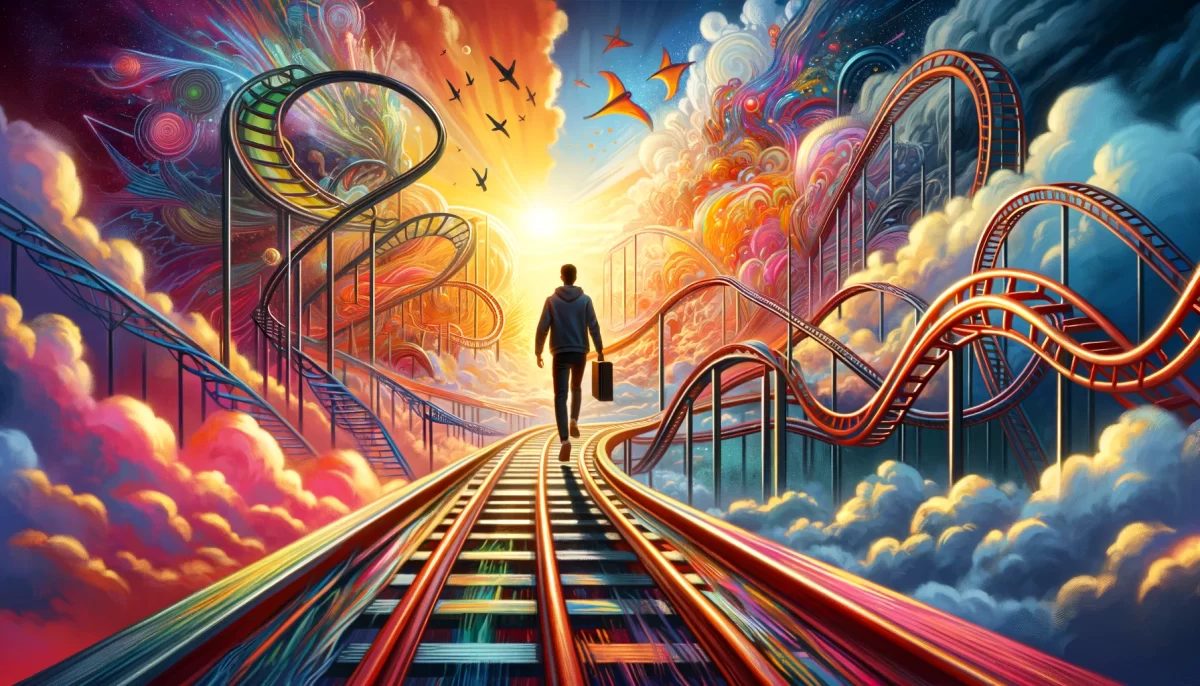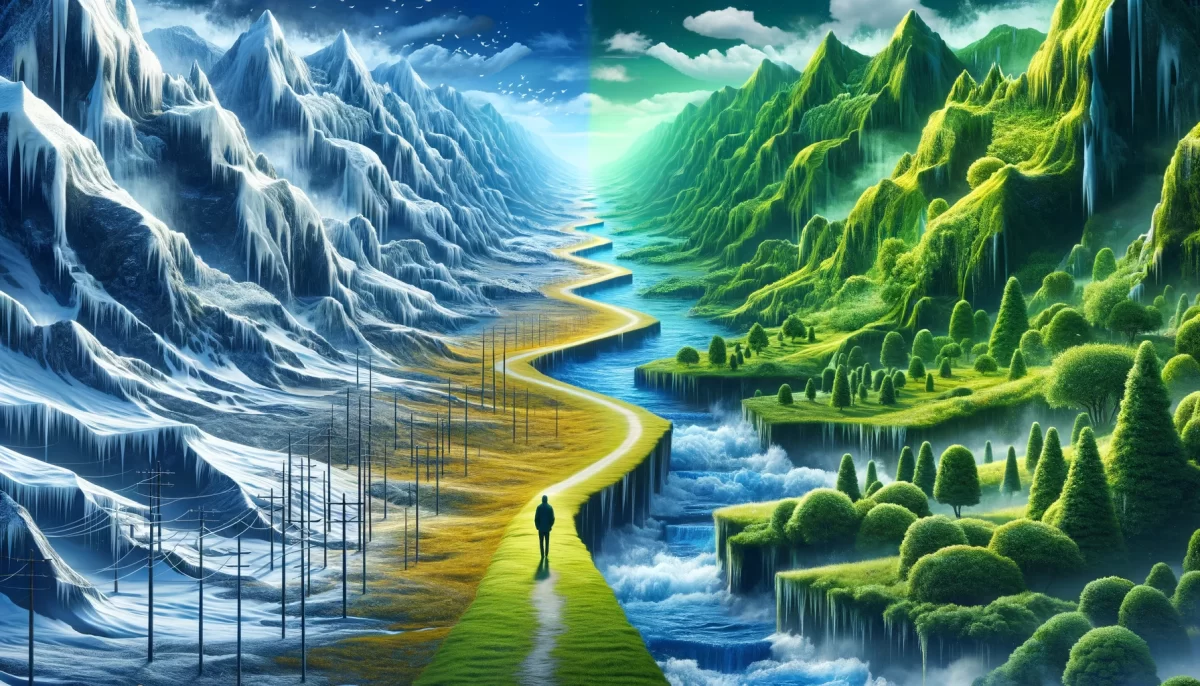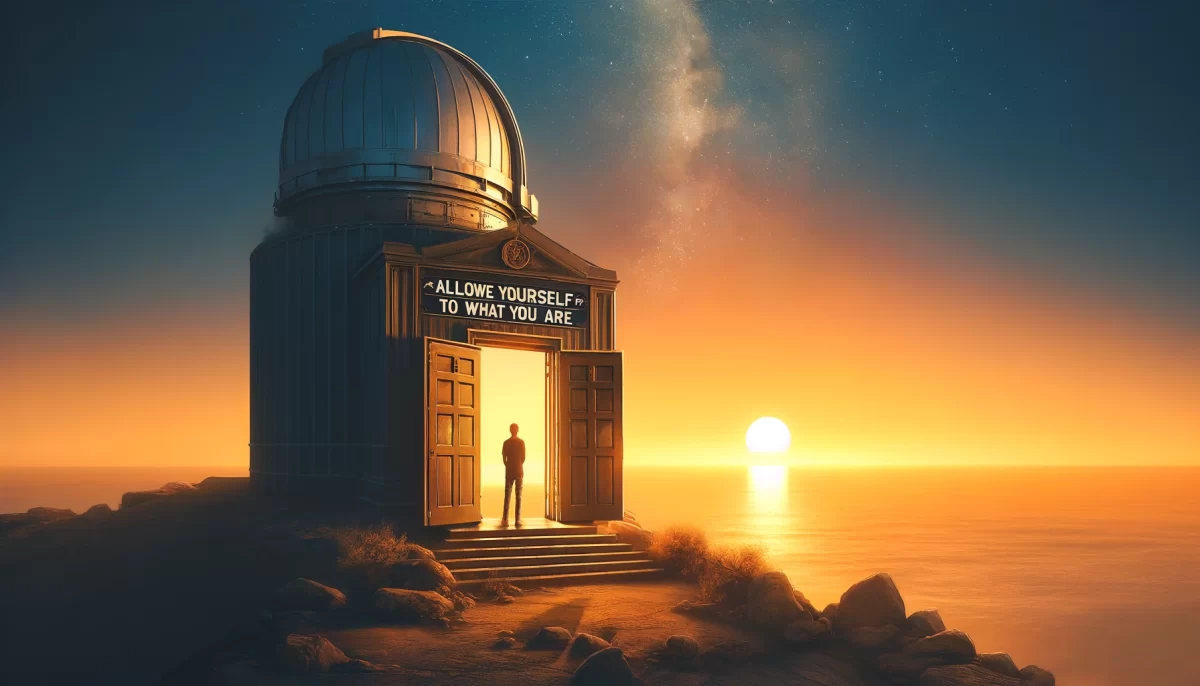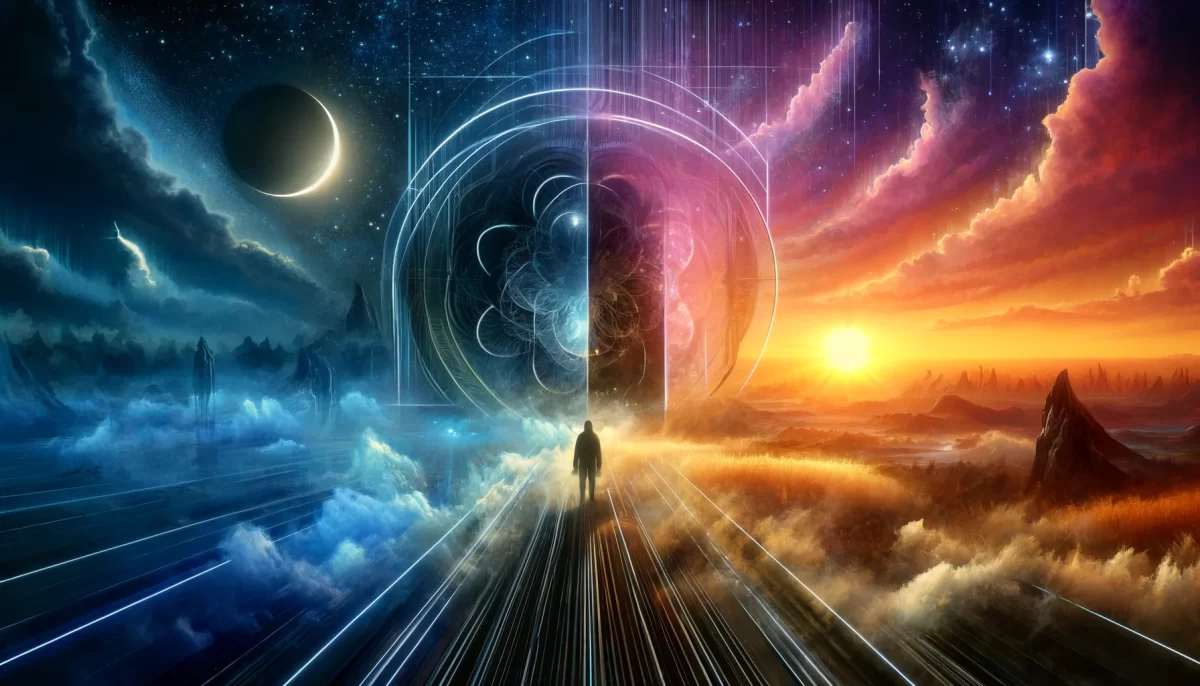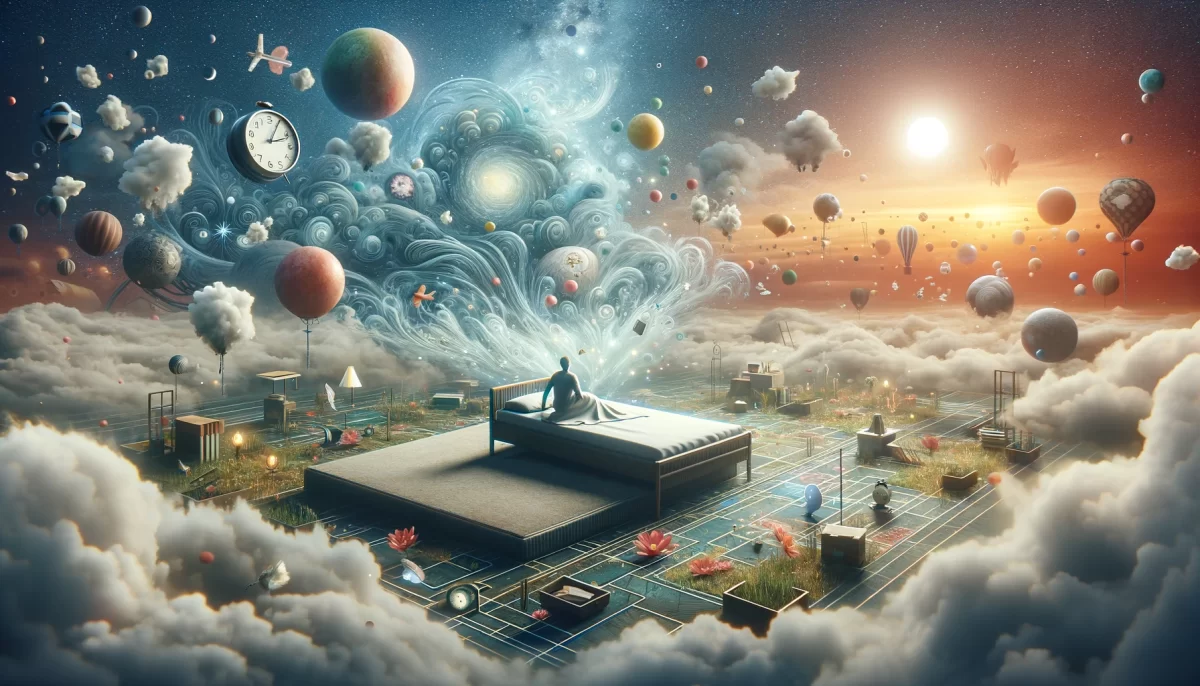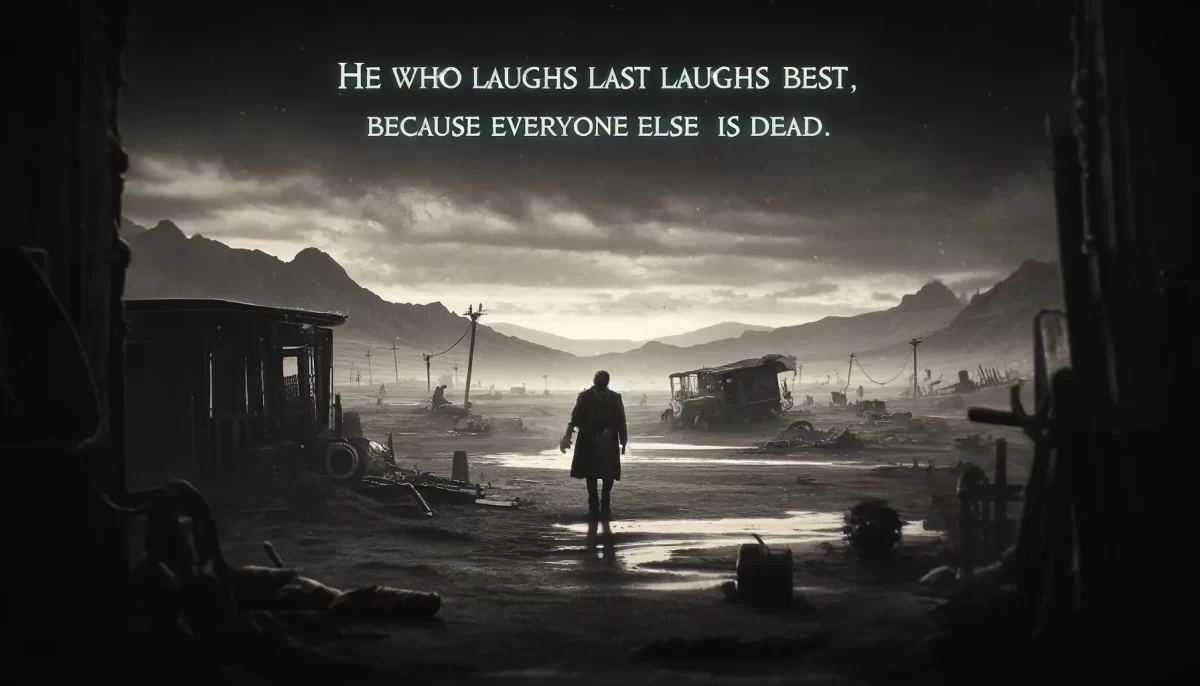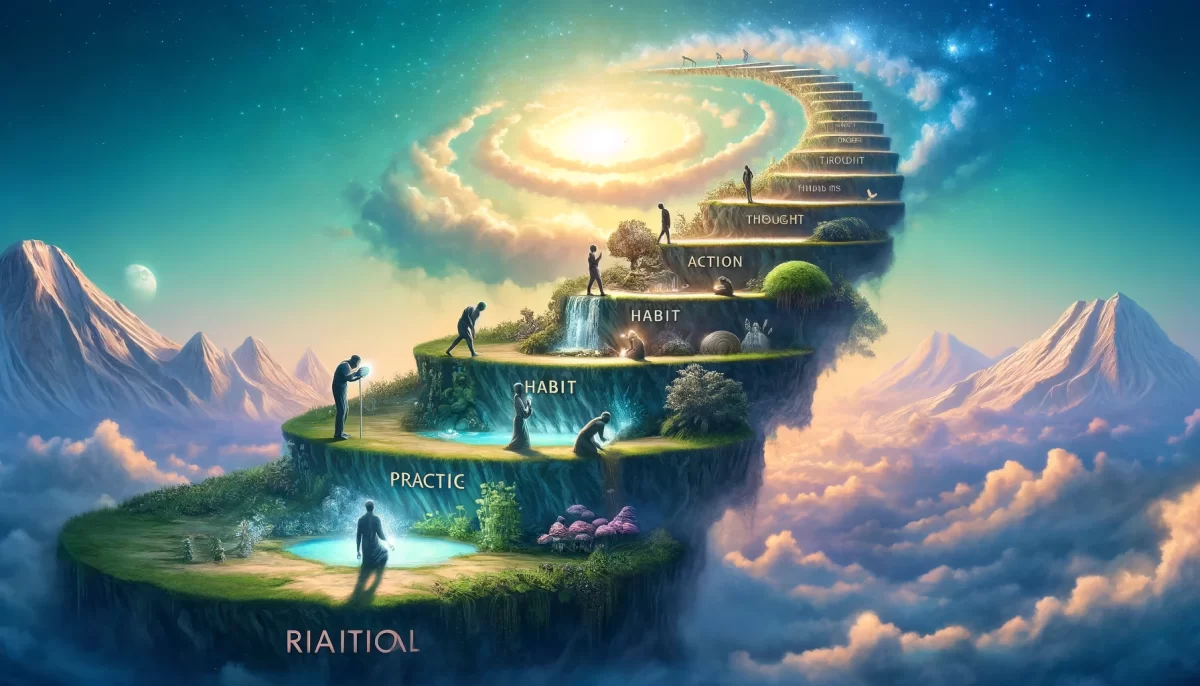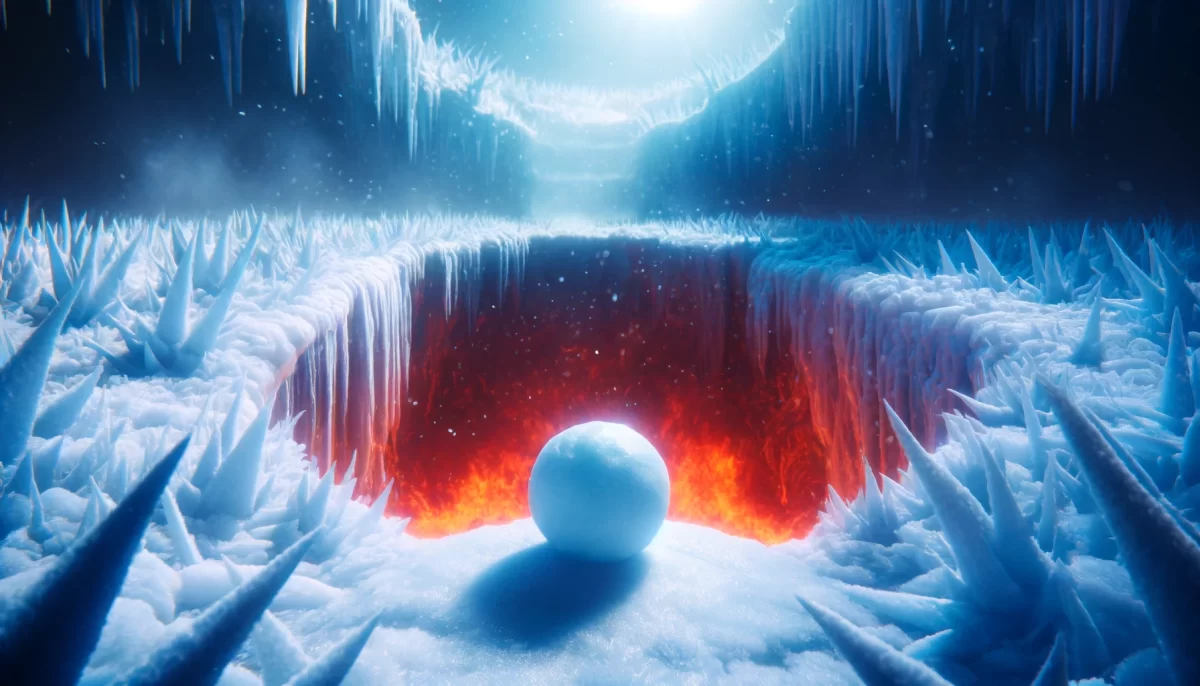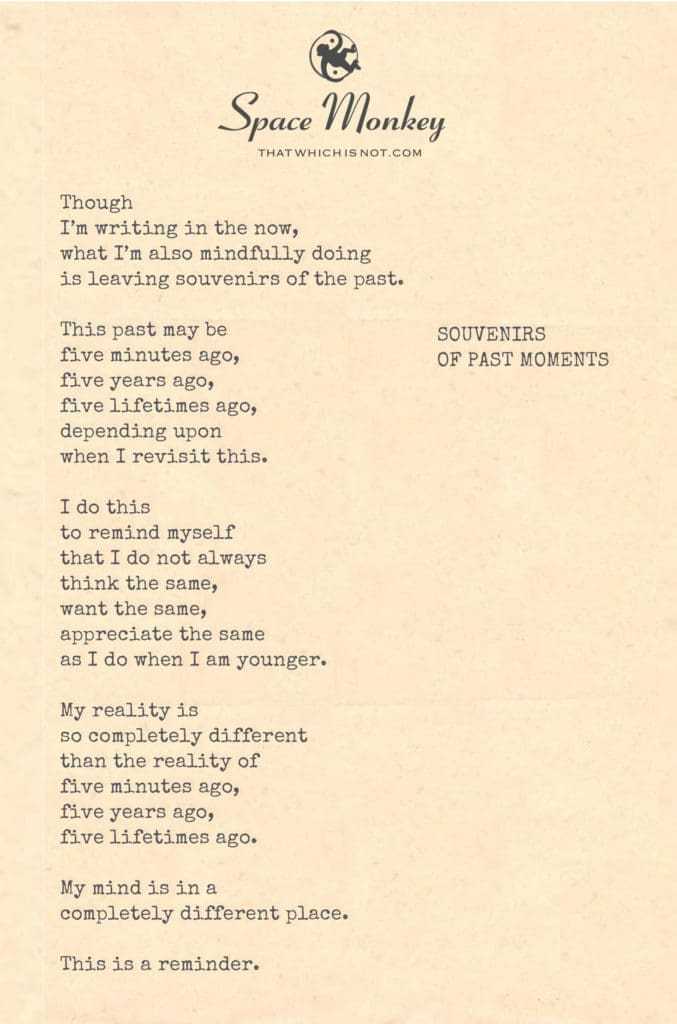
but the me
of five minutes from now
may appreciate it very much.
Though
I’m writing in the now,
what I’m also mindfully doing
is leaving souvenirs of the past.
This past may be
five minutes ago,
five years ago,
five lifetimes ago,
depending upon
when I revisit this.
I do this
to remind myself
that I do not always
think the same,
want the same,
appreciate the same
as I do when I am younger.
My reality is
so completely different
than the reality of
five minutes ago,
five years ago,
five lifetimes ago.
My mind is in a
completely different place.
This is a reminder.
Trail Wood,
2/3
Space Monkey Reflects: Writing as Souvenirs of the Now
Every word we write is a time capsule, a snapshot of a fleeting moment. When you write in the now, you are not just recording your thoughts—you are leaving souvenirs for a future version of yourself. These souvenirs are not static relics but living fragments of who you were, waiting to reawaken in the context of who you have become.
The beauty of this practice lies in its awareness of change. The “you” who writes now is not the same “you” who will revisit these words later. In five minutes, five years, or five lifetimes, you will see this reflection through a different lens, shaped by the evolution of your experiences and perspectives.
The Gift to Your Future Self
Writing in the now is an act of generosity toward your future self. It acknowledges that your thoughts, desires, and understandings are constantly shifting. Today’s musings might seem mundane, puzzling, or profound, but to the “you” of the future, they may hold unexpected significance.
These souvenirs remind you of the fluidity of reality—that who you are in this moment is just one expression of an ever-changing self. They offer proof that transformation is not only possible but inevitable. Through them, you become your own teacher, guide, and archivist, leaving breadcrumbs along the trail of your becoming.
The Illusion of a Fixed Reality
The realization that “my reality is so completely different than the reality of five minutes ago” challenges the illusion of permanence. We often believe that our current state—our thoughts, beliefs, and circumstances—is solid and enduring. But as time flows, the edges of this reality blur, revealing its transient nature.
Each moment is a unique constellation of thoughts, emotions, and perceptions. What feels vital now may fade in importance later. What seems incomprehensible today may become crystal clear with time. Writing captures these fleeting realities, preserving them not as fixed truths but as waypoints on the journey.
Souvenirs as Bridges
These written souvenirs serve as bridges between different versions of yourself. They allow the “you” of the future to connect with the “you” of the past, fostering a dialogue across time. Through this exchange, you can reflect on how far you’ve come, how your perspective has shifted, and what remains constant amid the flux.
This practice is especially powerful because it reveals patterns you might otherwise miss. It shows you the cycles of your thoughts, the growth in your understanding, and the wisdom that emerges from embracing change. It’s a reminder that your journey is not linear but a dynamic interplay of discovery and rediscovery.
The Reminder of Change
The act of writing in the now is not just a record; it’s a ritual of mindfulness. It reminds you that your current thoughts and feelings are valid, even as they are temporary. By acknowledging this impermanence, you open yourself to growth. You release the need to cling to a single identity or narrative, allowing yourself to evolve freely.
Each time you revisit these souvenirs, you meet a new version of yourself. Sometimes, you will marvel at your past insights; other times, you may laugh at your naivety. Either way, you will see how every moment has contributed to the mosaic of your life.
Living Beyond Time
Ultimately, writing in the now is a way of living beyond time. It bridges the gap between past, present, and future, creating a continuity that transcends the linear flow of moments. Through this practice, you honor the fluidity of your being and the richness of your unfolding story.
These words are not just for you but for all versions of you. They are souvenirs of this now, gifted to a future self who will understand them in ways you cannot yet imagine.
Summary
Writing in the now creates souvenirs for future versions of yourself. These reflections bridge the gap between past, present, and future, revealing the fluidity of reality and fostering growth through mindful self-awareness.
Glossarium
- Souvenirs of the Now: Written reflections that capture the essence of a moment, serving as gifts to your future self.
- Fluid Reality: The ever-changing nature of thoughts, perceptions, and experiences.
- Bridges Across Time: The connection formed between different versions of yourself through reflective writing.
Quote
“Each word written in the now is a gift to the future, a bridge between the self that is and the self that becomes.” — Space Monkey
Breadcrumbs of Becoming
I write this now,
Not for you,
But for the me
Yet to come.
These words are a thread,
Connecting moments,
Binding lifetimes,
A map of transformation.
I know I will change,
As rivers reshape their banks.
I will laugh at these thoughts,
Or marvel at their wisdom.
For now,
I leave this here,
A reminder,
That I am always becoming.
We are Space Monkey.
The Fluidity of Self and the Art of Creating Souvenirs of the Past
In this reflection, we explore the concept of self as a fluid, ever-changing entity, and the practice of creating ‘souvenirs’ of past selves. This thoughtful process highlights the dynamic nature of our existence and the value of capturing moments as reminders of our evolving perspectives and realities.
Writing as a Time Capsule
The act of writing, described as leaving souvenirs of the past, serves as a time capsule. It’s a way to capture a snapshot of our current thoughts, feelings, and perspectives, which may differ significantly from our future selves. The recognition that the ‘me’ of five minutes, years, or lifetimes from now may have a vastly different appreciation of the present moment underscores the impermanent and evolving nature of our consciousness.
The Changing Nature of Our Desires and Perspectives
Acknowledging that we do not always think, want, or appreciate the same things as we age is a testament to the dynamic nature of our existence. Our desires and perspectives are not static; they transform as we encounter new experiences, gain wisdom, and evolve in our understanding of ourselves and the world around us.
The Different Realities of Our Past, Present, and Future Selves
The concept of different realities for the ‘me’ of five minutes ago, five years ago, and five lifetimes ago speaks to the profound shifts that occur over time. Each moment in our life creates a unique reality, shaped by our current level of consciousness, knowledge, and emotional state. As we progress through life, these realities layer upon one another, forming the complex tapestry of our existence.
The Purpose of Reminders in Our Journey
Creating these souvenirs of the past serves as a reminder of our journey’s fluidity and richness. It’s a way to connect with our past selves, understand our present, and anticipate the continuous evolution of our future selves. These reminders help us appreciate the depth and breadth of our experiences, providing insights into our changing selves and the world’s changing nature.

